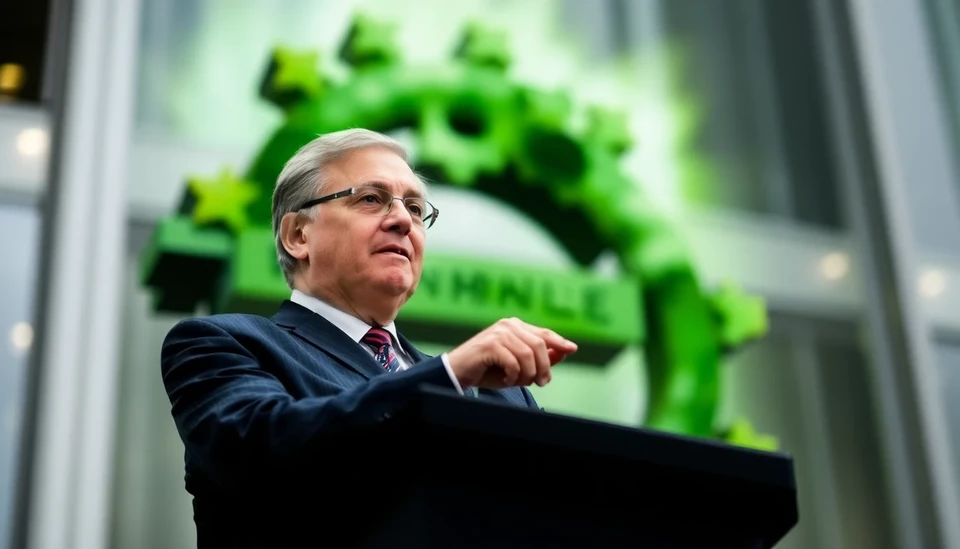
The European Central Bank (ECB) Vice President, Luis de Guindos, presented a concerning outlook regarding the intertwining relationship between environmental degradation and inflation. In a recent statement, he underscored the potential risks that the degradation of natural ecosystems poses to the stability of prices across the Eurozone. His remarks come amid rising concerns about sustainable economic growth in the wake of intensified climate change challenges.
Elderson detailed how the destruction of natural habitats, depletion of natural resources, and threats to biodiversity contribute not only to ecological instability but also to inflationary pressures. As environmental degradation escalates, it impacts food supply chains and increases production costs, ultimately leading to higher prices for consumers. The Vice President emphasized that failing to tackle these environmental crises could result in more persistent inflation, complicating monetary policy for central banks in the region.
This warning aligns with previous studies that have illustrated the direct correlations between climate volatility and economic disruptions. Elderson's comments highlight the urgent need for coordinated efforts among policymakers in Europe to combat climate issues, reinforcing the ECB's commitment to integrating climate considerations into its monetary policy framework.
Amid soaring energy costs and persistent supply chain disruptions, Elderson pointed out that the central bank must be vigilant in navigating these challenges. He recommended that economic strategies should incorporate sustainability principles, which are essential to securing a resilient economic future that is less susceptible to the shocks resultant from environmental decline.
Moreover, Elderson noted that the financial sector must also adapt to these realities by transitioning to more sustainable practices. He called for financial institutions to enhance their risk assessment frameworks to consider the increasing volatility caused by climate change. This shift not only aims to protect investments but also aligns with broader EU objectives focused on achieving a greener economy.
In conclusion, Yves Mersch, another senior ECB official, echoed Elderson’s call for urgent action. He stated that embracing sustainability is not merely an ethical imperative but a critical economic driver that could foster long-term stability. The ECB continues to explore how green policies can be integrated into the monetary policy arsenal, reflecting a growing acknowledgment of the importance of environmental health in maintaining economic equilibrium.
#ECB #Inflation #EnvironmentalDegradation #ClimateChange #Sustainability #Eurozone
Author: Laura Mitchell




